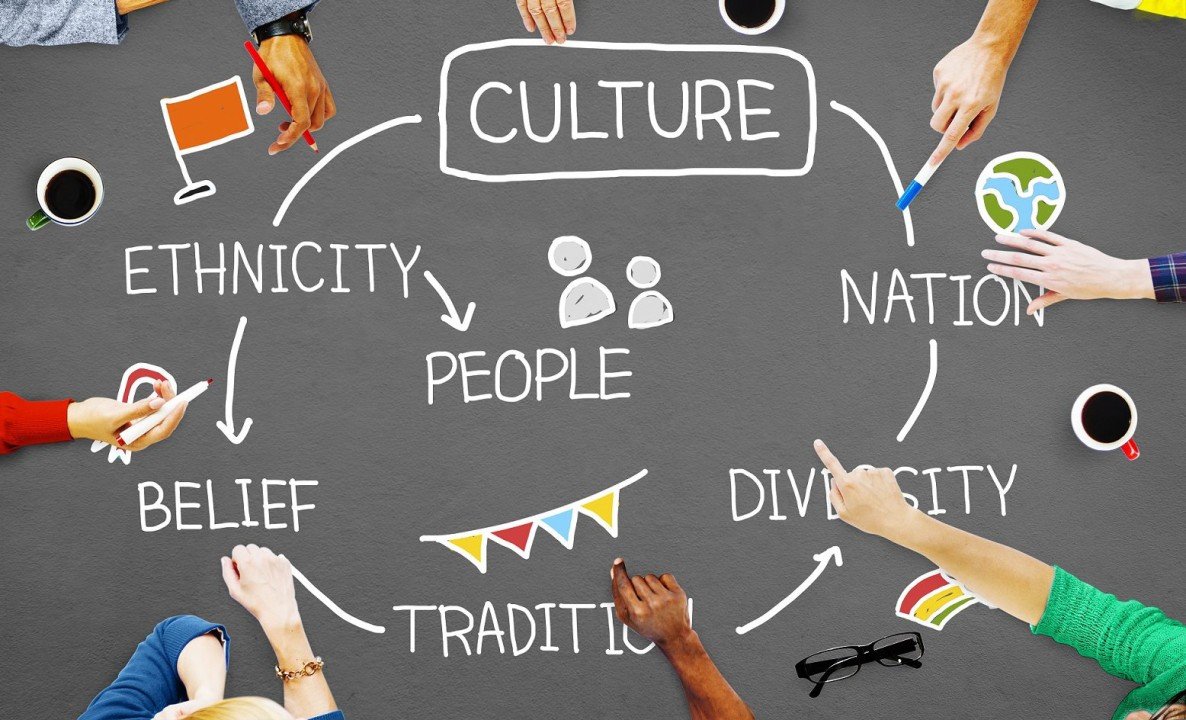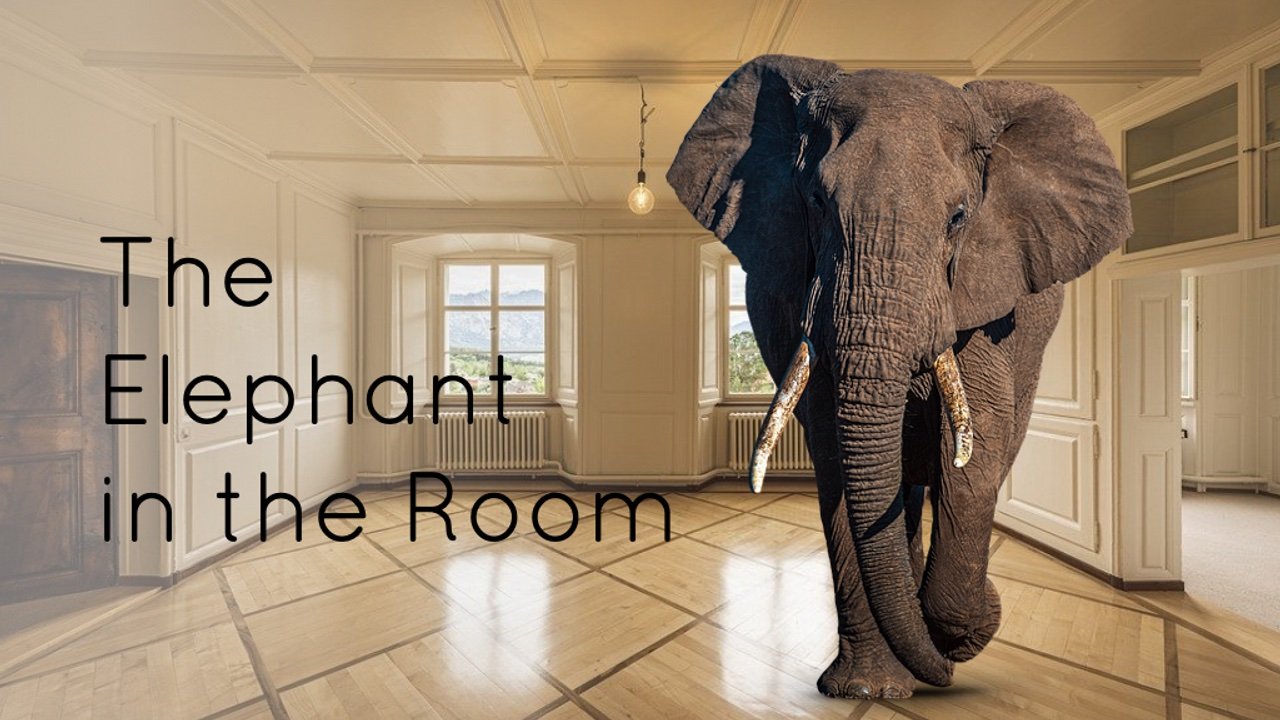What do I do?
I have built up a rather unique combination of skills, knowledge and experience. I have been an owner, director, senior leader and commercial executive, with experience of running teams and have a proven track record of exceeding results in highly demanding environments from start-ups to corporates.
Why do I do it?
I have been fortunate to have worked with some outstanding professionals which has enabled me to understand organisational dynamics through people, process and technology. These skills have been proven to be invaluable as I engage stakeholders, explore ideas and opportunities in line with your business priorities. If you want to experience significance and success, I am now in the position to share this valuable knowledge of how to become extraordinary in what you do.
How do I do it?
I currently help organisations, teams, leaders, and front-line employees identify and remove barriers to success. I specialise in addressing issues involving people, processes, and technology - especially where consumers are affected. As part of this focus I examine strategy, culture, interaction design, customer service, branding and leadership practices. I am passionate about spotting emerging best practices and guiding companies to master them. I also speak about these topics in keynotes and lecturing engagements.





















